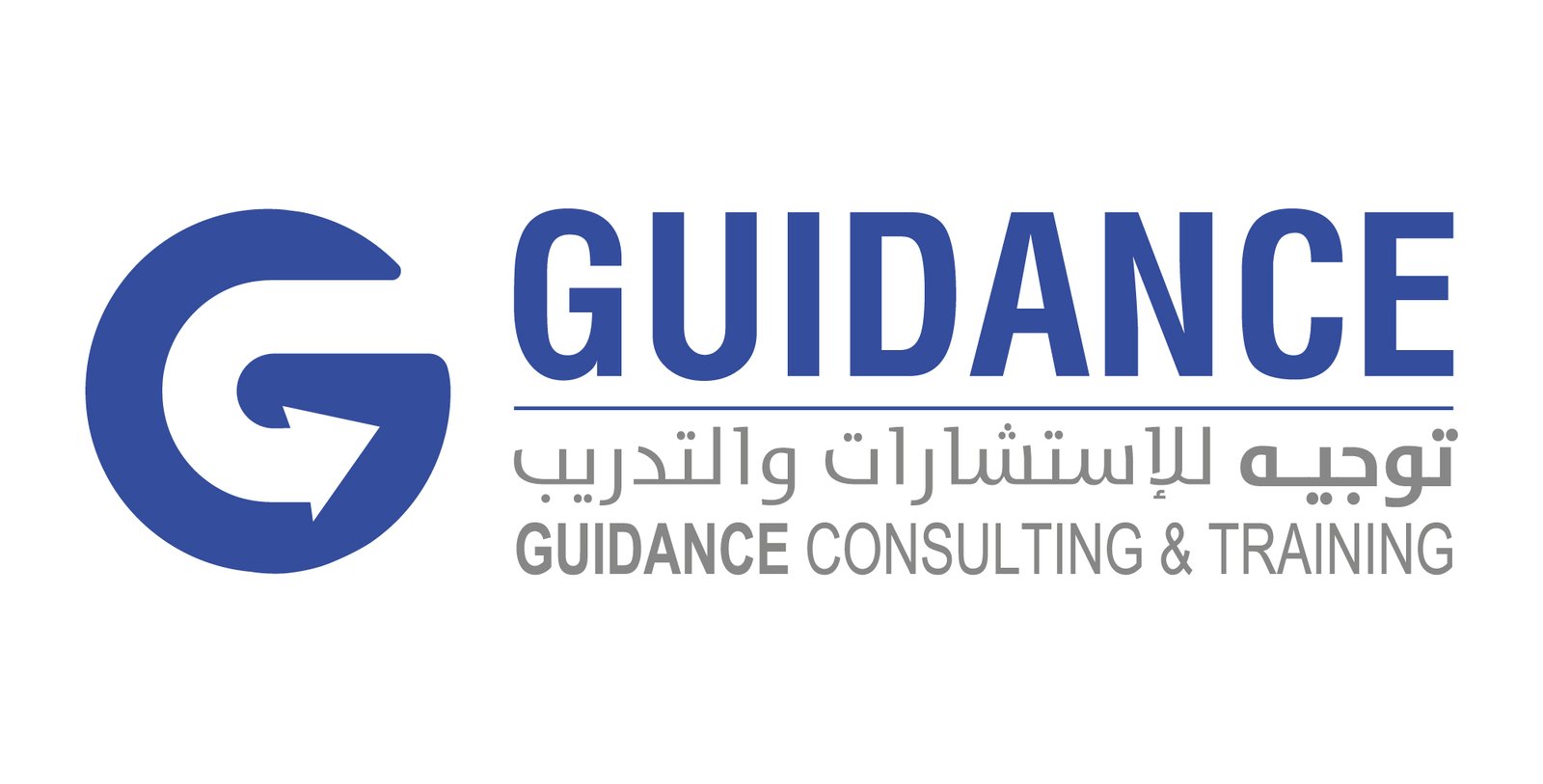
Digital Transformation Consulting
Digital Transformation
Digital transformation is an ongoing process undertaken by organizations to adapt to the changing requirements of their customers and employees by leveraging digital capabilities. It can be summarized as strategically transforming and developing business models based on data, technologies, and communication networks. Each organization defines digital transformation according to its vision of the digital world and the knowledge economy.
Digital transformation importance
The importance of digital transformation is increasing in light of the unprecedented circumstances the world is experiencing today. The first step in this journey is to develop a digital transformation strategy that outlines the roadmap and identifies critical stations, strategic objectives, frameworks, models, methodologies, and digital performance indicators.
Digital Transformation Definitions
- Digital Government Authority: Strategically transforming and developing business models to be digital models based on data, technologies, and communication networks.
- E-Government Transactions Program (Yesser): Seeking to achieve the organizations’ strategy and develop innovative and flexible business and operating models by investing in technologies, developing talent, reorganizing operations, and managing change to create new value and experiences for customers, employees, and stakeholders.
- Digital Transformation Unit in the Kingdom of Saudi Arabia: Investing in thinking and changing behavior to radically transform the way of work, by leveraging technological development to serve beneficiaries faster and better.
Digital Transformation Initiatives in the Kingdom of Saudi Arabia
Vision 2030 Initiative
Vision 2030 is a strategic framework that aims to reduce the Kingdom’s dependence on oil, diversify its economy, and develop public service sectors such as health, education, infrastructure, entertainment, and tourism. Digital transformation is crucial to this vision promoting digital innovation and using modern technologies to improve the quality of life and services.
“Manassa” Platform
The “Manassa” platform is one of the main digital initiatives in the Kingdom that aims to promote digital transformation in the education sector. Its digital educational solutions, facilitate access to learning content and interaction between teachers and students.
“Yesser” Program
“Yesser” Program for e-government transactions seeks to facilitate and improve government services by transforming them into integrated digital services. The program aims to increase government performance efficiency and save time and effort for citizens and residents.
“Digital Society” Initiative
The “Digital Society” initiative aims to promote digital culture among citizens and residents by providing training and awareness programs, increasing awareness of the importance and benefits of digital transformation.
“Mora” System
The “Mora” System is a national data management system that aims to improve data collection and analysis in various government sectors. The system provides a unified platform for data exchange between government agencies, which helps improve decision-making and enhance operational efficiency.
Saudi Digital Measurement System
The Saudi Digital Measurement System aims to measure and analyze the digital performance of government institutions. The system relies on accurate measurement indicators to monitor and evaluate digital performance, which helps identify strengths and weaknesses and develop continuous improvement strategies.
Strategy Definition
Strategy is the art and science of planning and directing resources efficiently to achieve the organization’s goals, visions, and objectives. Modern organizations rely on developing a strategy to transform from the current situation to a better future situation by better managing organizational assets to achieve major goals.
Strategy Life Cycle
The strategy life cycle includes the following stages:
- Current Situation Assessment: Understanding the organization’s situation and analyzing available data.
- Benchmarking Study: Comparing performance with the best standards in the industry.
- Target Situation and Strategy Detailing: Defining future goals and detailing the necessary steps to achieve those goals.
- Developing the Implementation Plan: Develop a clear implementation plan to achieve the specified goals.
Strategy Development Methodology
Organizations develop a digital transformation strategy by following the recommendations of the Digital Transformation Strategies Guide for Government Entities, and the methodology includes:
- Current Situation Assessment
- Benchmarking Study
- Target Situation and Strategy Detailing
- Developing the Implementation Plan
Benefits of Digital Transformation
- Increasing operational efficiency: by improving operations and simplifying procedures.
- Improving customer experience: providing faster, more accurate, and personalized services.
- Enhancing innovation: by providing the opportunity to develop new products and services.
- Reducing costs: by reducing waste and increasing productivity.
- Increasing flexibility: enabling organizations to adapt to changes in the market quickly.
Advantages of digital transformation
- Improving communication and contact: by using modern communication technologies.
- Data analysis and decision-making: thanks to the availability of advanced data analysis tools.
- Data security: by adopting advanced digital security solutions.
- Developing capabilities and skills: by training employees on modern technologies.
- Collaboration enhancement: using digital collaboration tools that facilitate teamwork.
Digital excellence axes
- Digital infrastructure: providing a strong infrastructure that supports modern technologies.
- Digital culture: promoting digital culture within the organization through training and awareness.
- Digital innovation: innovation encouraging and using new technologies in developing products and services.
- Organization and governance: developing policies and procedures that ensure digital transformation management effectively.
- Digital sustainability: ensuring the sustainability of digital projects through strategic planning and sustainable investment.
Digital transformation is an urgent necessity in light of the rapid changes witnessed by the world. By adopting digital transformation strategies and leveraging modern technologies, organizations can achieve higher efficiency, improve customer experience, enhance innovation, and achieve excellence in their services. Digital initiatives in Saudi Arabia play a major role in achieving Vision 2030 and developing a sustainable society and economy.
Guidance Consulting and Training Company has the necessary competencies and experience to help institutions and individuals apply international standards, improve business, and ensure compliance with the requirements of legislative and regulatory authorities. Contact us now to benefit from the expertise of our specialized consultants.

